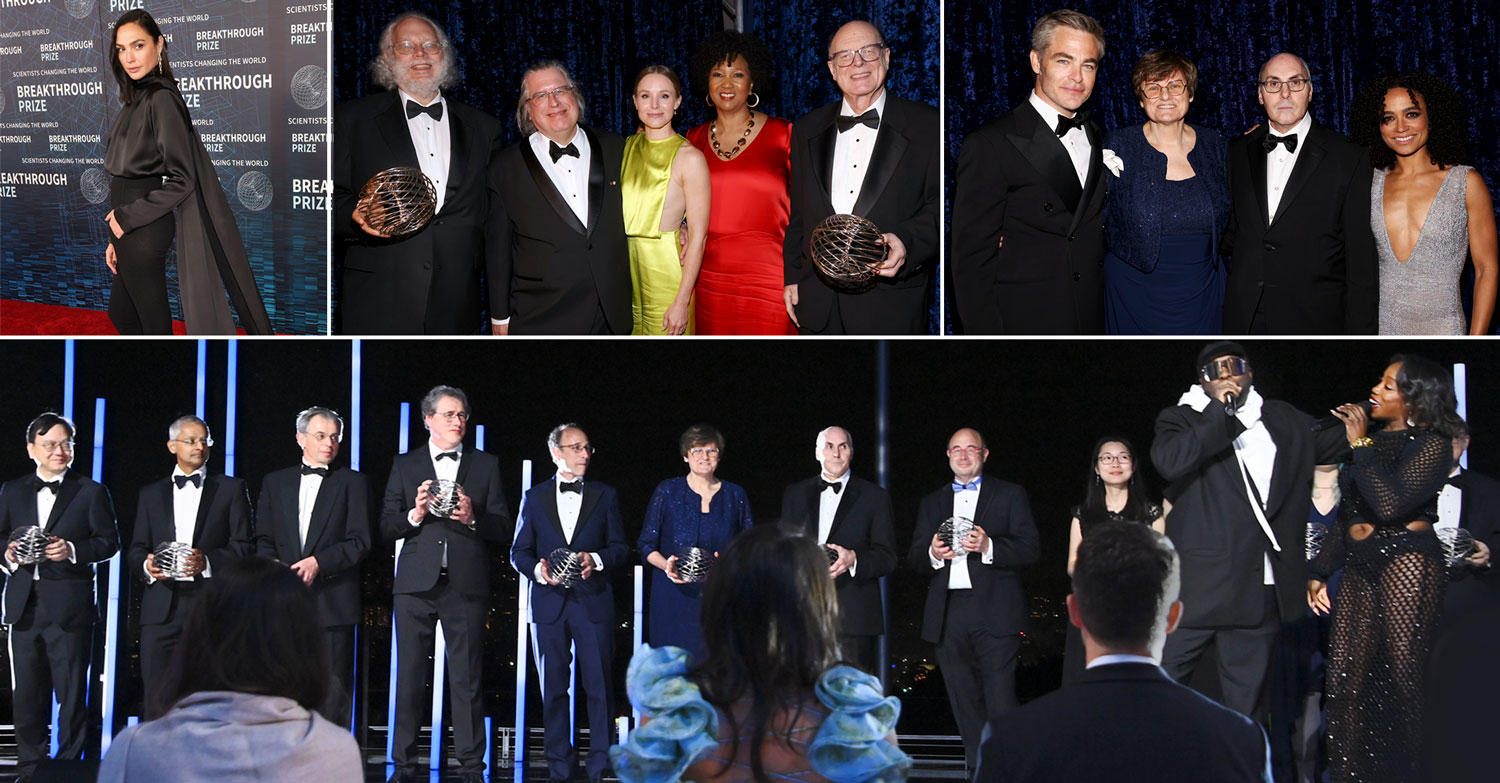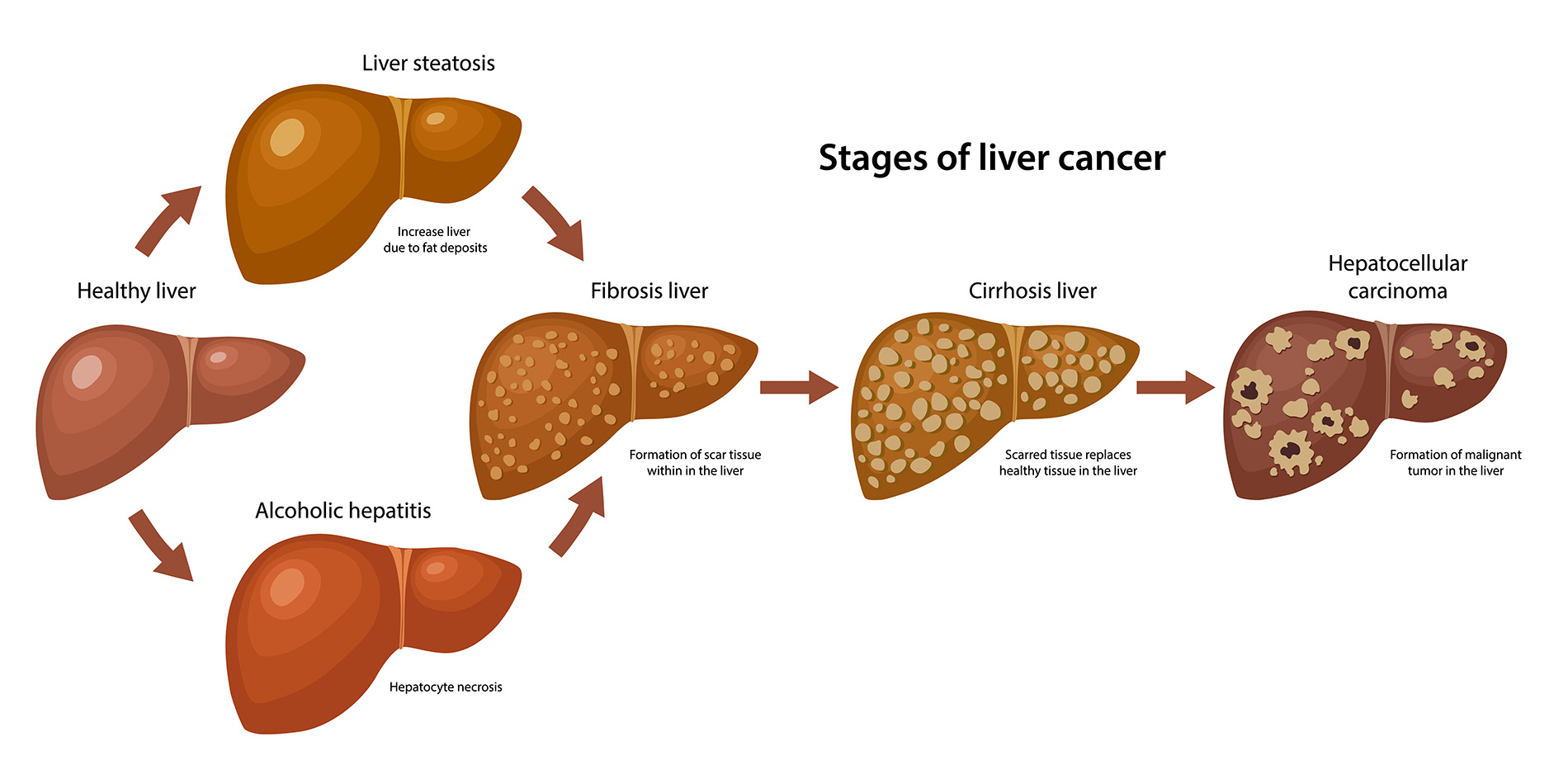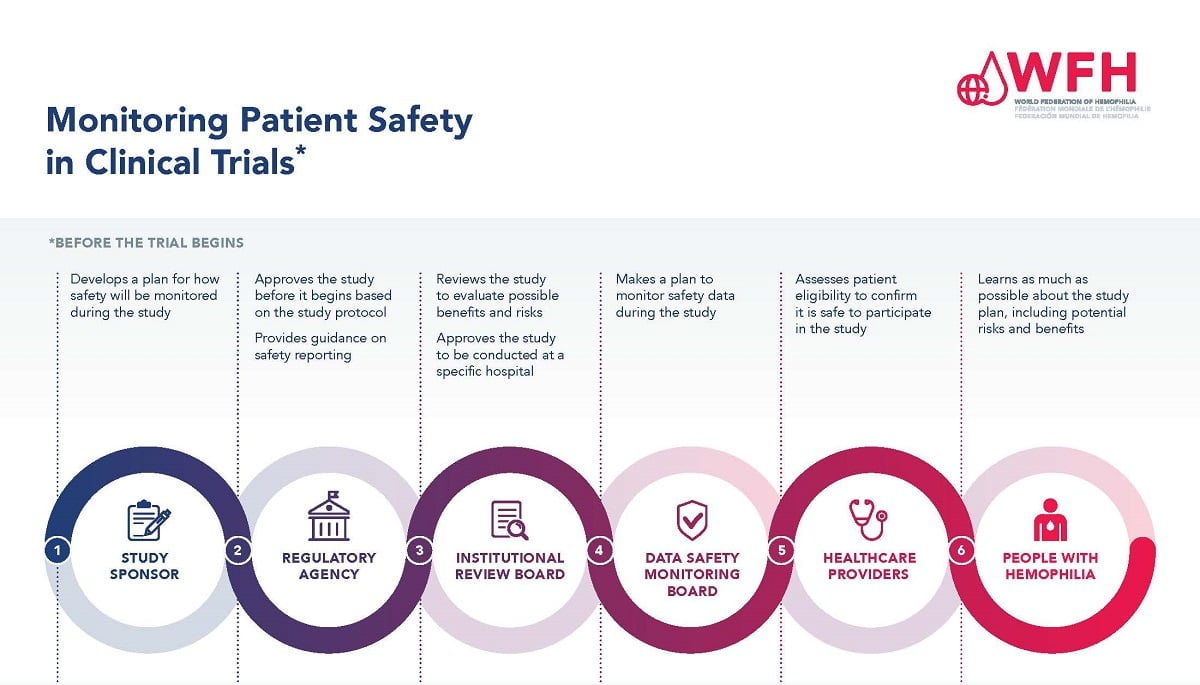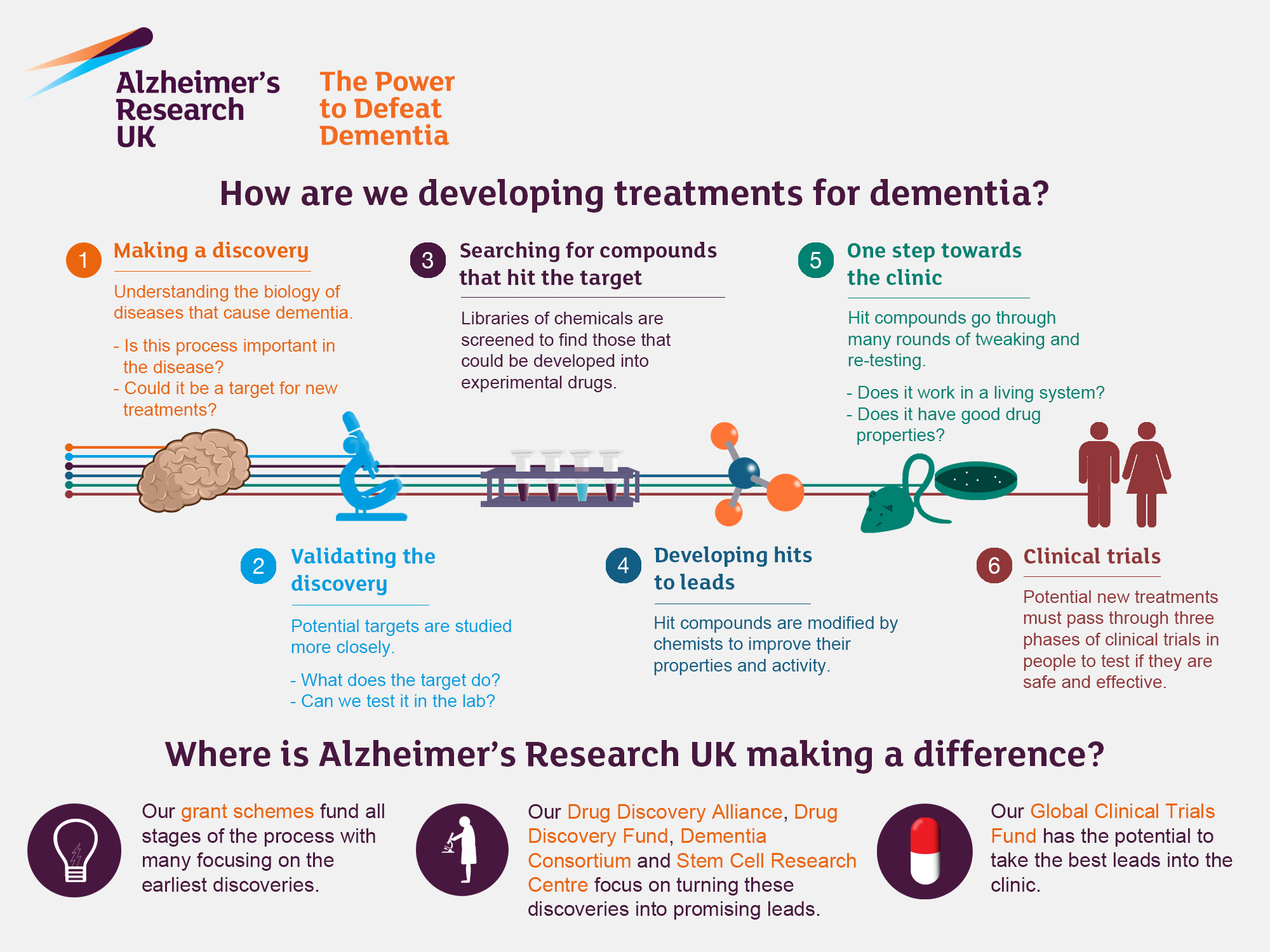The 2025 Breakthrough Prizes have spotlighted significant advancements in science, celebrating the groundbreaking work of three Harvard scientists. Awarded the prestigious honor, Alberto Ascherio, Joel Habener, and David Liu have made remarkable strides in diverse fields such as gene editing, multiple sclerosis research, and obesity treatment advancements. Ascherio’s research has ominously revealed Epstein-Barr virus as a key factor in multiple sclerosis, changing the landscape of MS research and paving the way for innovative therapies. Meanwhile, Habener’s work on the hormone GLP-1 has led to revolutionary discoveries in diabetes and obesity treatments, showcasing the intricate relationship between hormones and bodily functions. Liu’s pioneering gene editing techniques are transforming medical research and treatment, highlighting the immense potential of these advances for future healthcare solutions.
The 2025 Breakthrough Prizes have recognized exceptional contributions to life sciences, particularly honoring researchers from Harvard University. This prestigious award, likened to the ‘Oscars of Science,’ acknowledges significant discoveries that shape our understanding of health and disease. The achievements of Ascherio, who illuminated the connection between Epstein-Barr virus and multiple sclerosis, alongside Habener’s advancements in GLP-1 research for obesity, and Liu’s innovative gene editing platforms stand as testaments to human ingenuity in overcoming medical challenges. These scientific breakthroughs not only elevate the status of their respective fields but also offer hope for future therapies and treatments that could improve countless lives. As we delve deeper into these findings, the impact of their work heralds a new era of medical understanding and innovation.
Breakthrough Prizes 2025: Celebrating Innovation in Science
The Breakthrough Prizes 2025 have garnered attention as the ‘Oscars of Science,’ celebrating remarkable achievements across life sciences, mathematics, and physics. This year’s awards were especially significant, recognizing three prominent scientists from Harvard University: Alberto Ascherio, Joel Habener, and David Liu. Each of these scholars has made groundbreaking contributions that not only enhance our understanding of complex diseases but also pave the way for innovative treatments that could transform patients’ lives. Their collective work underscores the importance of research in combating some of today’s most pressing health challenges, including multiple sclerosis and obesity.
As we delve deeper into the contributions of these awardees, we see how foundational research leads directly to practical advancements. Ascherio’s work on the Epstein-Barr virus as a causative factor in multiple sclerosis is particularly noteworthy, as it opens doors to preventive strategies such as vaccines and targeted therapies. Meanwhile, Habener’s insights into GLP-1 and its implications for diabetes and obesity treatment reflect a significant stride in endocrinology, offering new hope for managing these conditions effectively. Liu’s pioneering gene editing technology continues to redefine genetic disorders’ treatment landscape.
Advances in Gene Editing: David Liu’s Impact
David Liu’s work in gene editing has positioned him at the forefront of genetic research, significantly impacting how we approach diseases caused by genetic mutations. His development of base editing and prime editing has transformed the field by providing powerful tools that can rectify a wide range of mutation-based disorders. Base editing alone, which Liu’s team unveiled in 2016, allows for precise DNA modifications, marking a substantial leap from traditional CRISPR methods. This innovation holds promise not just for genetic diseases but also for broader applications, including potentially curing heritable disorders.
Moreover, Liu’s dedication to collaboration and education is evident in his acknowledgment of the invaluable contributions made by his team. The success of base and prime editing owes itself, in large part, to the creative efforts of graduate students and postdocs working under Liu’s guidance. As these technologies continue to proliferate in laboratories worldwide, their impact on gene therapy and the treatment of inherited conditions is becoming increasingly tangible, heralding a future where previously incurable genetic disorders might become manageable.
Understanding Multiple Sclerosis: Contributions of Alberto Ascherio
Alberto Ascherio’s research has illuminated the link between Epstein-Barr virus infection and multiple sclerosis (MS), fundamentally altering our understanding of this complex disease. MS affects millions globally, and recognizing a viral infection as a potential cause marks a critical advancement in MS research. His comprehensive study involving U.S. military personnel showcased the statistical correlation between Epstein-Barr and increased MS risk, providing compelling evidence that could lead to preventive measures, including vaccination strategies. This revelation has the potential to reshape public health approaches to MS, emphasizing the importance of viral pathways in chronic diseases.
The implications of Ascherio’s findings extend beyond mere correlation; they hint at future therapeutic developments targeting the Epstein-Barr virus directly. With ongoing work towards creating vaccines and antibody therapies, his research not only uncovers the mechanisms behind MS but also opens avenues for innovative treatments. Ascherio’s long-term commitment—25 years of diligent research—demonstrates the patient perseverance required in scientific discovery, showcasing how sustained inquiry can lead to significant breakthroughs in understanding and managing chronic diseases.
GLP-1 Discovery: A Revolution in Obesity Treatment by Joel Habener
Joel Habener’s recognition in the 2025 Breakthrough Prizes highlights his pivotal role in understanding GLP-1, a hormone integral to blood sugar regulation and appetite control. His research has been instrumental in establishing how GLP-1 interacts with various systems in the body, leading to significant advancements in treating conditions like Type 2 diabetes and obesity. The development of GLP-1 receptor agonists has revolutionized the management of these diseases, demonstrating how academic research can translate into real-world therapeutic options that improve patient outcomes.
As the obesity epidemic continues to challenge health systems worldwide, Habener’s contributions represent a critical intersection of endocrinology and clinical practice. His work emphasizes not just scientific discovery but also the importance of collaborative research facilitated by federal funding. By targeting GLP-1, researchers can develop comprehensive treatment approaches that tackle both blood glucose levels and weight management, showcasing the multifaceted nature of obesity treatment advancements.
The Role of Harvard Scientists in Advancing Public Health
The achievements of Harvard scientists like Ascherio, Liu, and Habener underscore the institution’s pivotal role in advancing public health through innovative research. Each scientist has tackled complex health issues—ranging from MS to obesity—by applying rigorous scientific methods and collaboration. Their combined efforts not only provide new insights into disease mechanisms but also inspire future generations of researchers to prioritize health challenges that affect millions globally. As these scientists receive recognition through prestigious awards like the Breakthrough Prizes, they highlight the importance of academic excellence in tackling public health crises.
Moreover, the recognition of these scientists showcases how interdisciplinary approaches in research are essential for comprehensive solutions. For instance, Liu’s focus on gene editing intersects with Habener’s hormonal studies, both contributing to the urgent quest for effective treatments in chronic illnesses. This collaborative spirit within institutions like Harvard illustrates how shared knowledge and resources can lead to breakthroughs with profound implications for global health.
Vaccine Development and the Future of Disease Prevention
With the groundbreaking findings on Epstein-Barr virus and multiple sclerosis by Alberto Ascherio, research is rapidly progressing toward potential vaccine development aimed at preventing MS. This future-focused approach signifies a monumental shift from reactive treatments to proactive health measures. The success of vaccines in combating infectious diseases lays a strong foundation for similar strategies against chronic conditions associated with viral infections. As more studies are initiated to explore the link between viral exposure and disease pathogenesis, the horizon for vaccine-driven disease prevention continues to expand.
As partnerships between researchers, public health officials, and biotech companies strengthen, the pathway to developing effective vaccines against diseases like MS becomes increasingly feasible. This shift toward prevention not only has the potential to reduce healthcare costs significantly but also to improve the quality of life for millions suffering from chronic illnesses. The work of scientists such as Ascherio is paving the way for this new era in medicine, where preventive strategies can ultimately lead to the eradication of diseases once deemed incurable.
The Intersection of Science and Technology in Modern Medicine
The breakthroughs led by researchers such as David Liu in gene editing technologies illustrate the transformative impact that scientific advancements have on modern medicine. By leveraging cutting-edge technology, researchers are better equipped to explore solutions for genetic diseases that were previously deemed untreatable. Gene editing techniques such as base editing offer unprecedented precision in correcting mutations, presenting new opportunities for therapeutic intervention. This intersection of science and technology not only enhances our understanding of genetics but also sets the stage for personalized medicine.
As the field of gene editing evolves, ethical considerations also play a crucial role in guiding future research directions. It is vital to balance technological potential with responsible, ethical applications to ensure equitable benefits across populations. This dialogue must include voices from various stakeholders, including scientists, ethicists, and patients, to navigate the complexities of genetic interventions thoughtfully. In doing so, advancements in gene editing can lead to greater societal benefits and a more profound understanding of health and disease.
Collaborative Research: A Catalyst for Scientific Breakthroughs
The achievements of the three Harvard scientists awarded the Breakthrough Prizes exemplify how collaborative research can accelerate scientific breakthroughs. At the heart of their success is a network of partnerships that fosters innovation and discovery. Ascherio’s work on MS was bolstered by extensive datasets and collaborations with epidemiologists and healthcare professionals, underlining the importance of a multifaceted approach to research. Similarly, Habener’s contributions to GLP-1 therapy stem from interdisciplinary cooperation among biologists, pharmacologists, and clinical researchers.
Encouraging collaboration among researchers enhances the potential for solving complex health challenges. By sharing expertise and resources, scientific communities can bring diverse perspectives to research questions, ultimately leading to quicker and more effective solutions. This cooperative framework is essential in fields such as gene editing, where advancements depend on collective expertise and shared goals. Future progress in science will increasingly rely on such collaborative partnerships, facilitating transformative discoveries that improve global health.
Frequently Asked Questions
What is the significance of the Breakthrough Prizes 2025 in science and medicine?
The Breakthrough Prizes 2025, often referred to as the ‘Oscars of Science’, honor exceptional achievements in life sciences, fundamental physics, and mathematics. This year, the focus is on advancements like gene editing, multiple sclerosis research, and obesity treatment advancements, recognizing the pivotal work of scientists such as those from Harvard University.
How did Harvard scientists contribute to the research recognized by the Breakthrough Prizes 2025?
Three notable Harvard scientists were awarded the Breakthrough Prizes 2025 for their groundbreaking work. Alberto Ascherio was recognized for linking Epstein-Barr virus to multiple sclerosis, Joel Habener for his contributions to GLP-1 hormone research leading to obesity treatment advancements, and David Liu for developing innovative gene editing platforms that have potential life-saving implications.
What discoveries in gene editing were highlighted at the Breakthrough Prizes 2025?
The Breakthrough Prizes 2025 highlighted the achievements of David Liu in gene editing, specifically the development of base editing and prime editing techniques. These technologies have revolutionized the ability to correct disease-causing genetic variations and have already been pivotal in clinical trials aimed at treating genetic diseases.
What role did the research on GLP-1 play in obesity treatment advancements recognized by the Breakthrough Prizes 2025?
The Breakthrough Prizes 2025 recognized Joel Habener’s pivotal research on GLP-1, a hormone critical for regulating blood sugar and appetite. His work has led to the development of GLP-1-based drugs that significantly enhance obesity treatment, thus impacting many lives globally.
What impact did the findings of Alberto Ascherio have on multiple sclerosis research?
Alberto Ascherio’s findings, which linked Epstein-Barr virus infection to an increased risk of developing multiple sclerosis, have been revolutionary. His research, awarded at the Breakthrough Prizes 2025, has paved the way for potential vaccine and therapeutic development against MS, marking a significant milestone in understanding the disease.
Who were the recipients of the Breakthrough Prizes 2025 from Harvard University?
The Breakthrough Prizes 2025 awarded to Harvard scientists include Alberto Ascherio for his multiple sclerosis research, Joel Habener for his work on GLP-1 hormone related to obesity treatments, and David Liu for his advancements in gene editing technologies, showcasing Harvard’s critical role in medical advancements.
How do the Breakthrough Prizes contribute to advancements in gene editing and medical research?
The Breakthrough Prizes serve to recognize and promote extraordinary scientific advancements, such as gene editing technologies developed by David Liu. The visibility and funding associated with these awards encourage further research and development in critical areas like multiple sclerosis and obesity treatments, fostering innovation in the scientific community.
| Scientist | Affiliation | Key Contribution | Impact |
|---|---|---|---|
| Alberto Ascherio | Harvard T.H. Chan School of Public Health & Harvard Medical School | Identified Epstein-Barr virus as a leading cause of multiple sclerosis (MS) | Significant advancements in MS research and ongoing vaccine development. |
Summary
The Breakthrough Prizes 2025 have recognized outstanding contributions in the fields of life sciences, with Harvard scientists Alberto Ascherio, Joel Habener, and David Liu leading the way. These laureates have made groundbreaking advances in gene editing and understanding critical health issues like multiple sclerosis and obesity. Their work demonstrates the impactful research being conducted at Harvard and underscores the importance of continued innovation in science for a healthier future.



